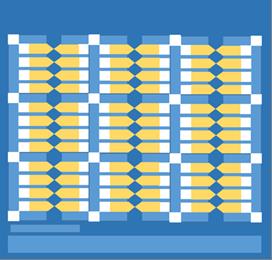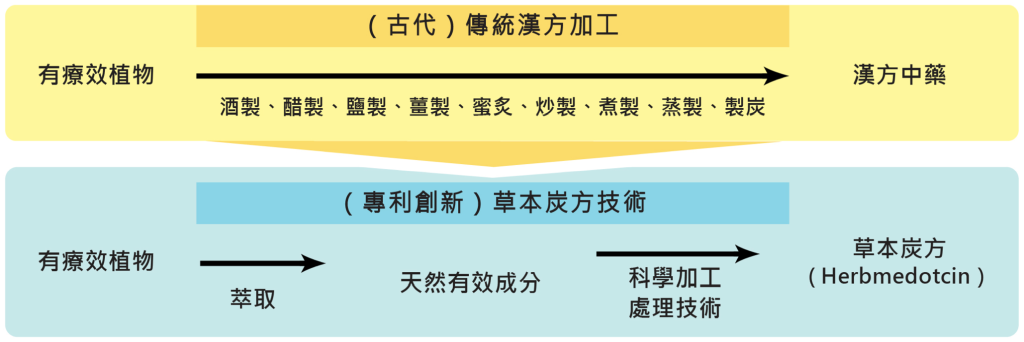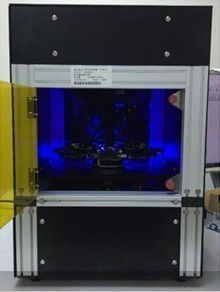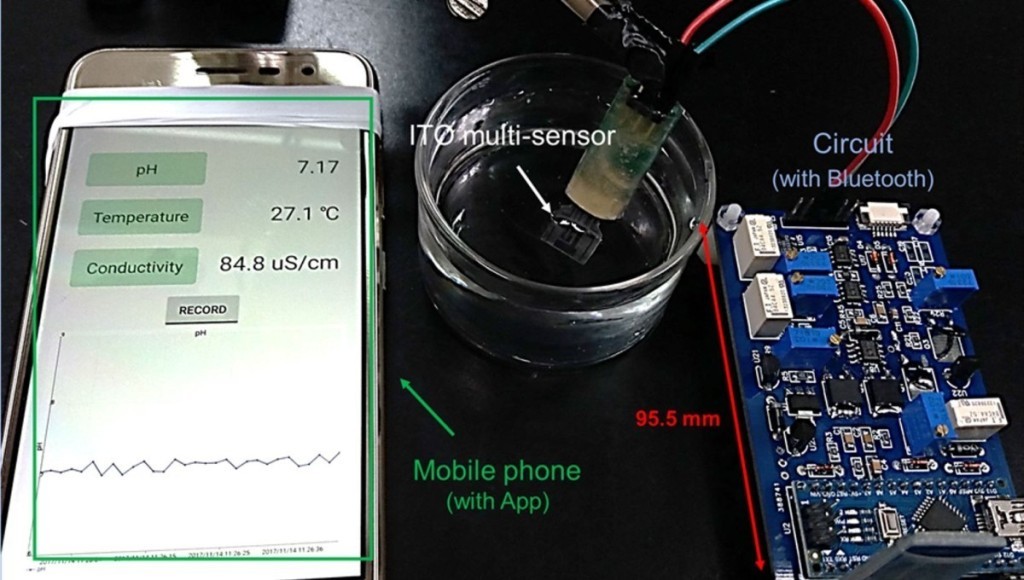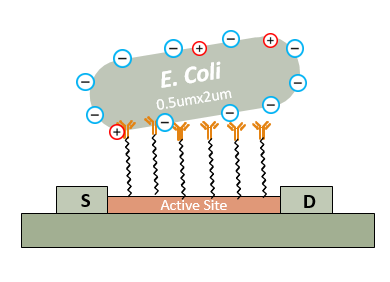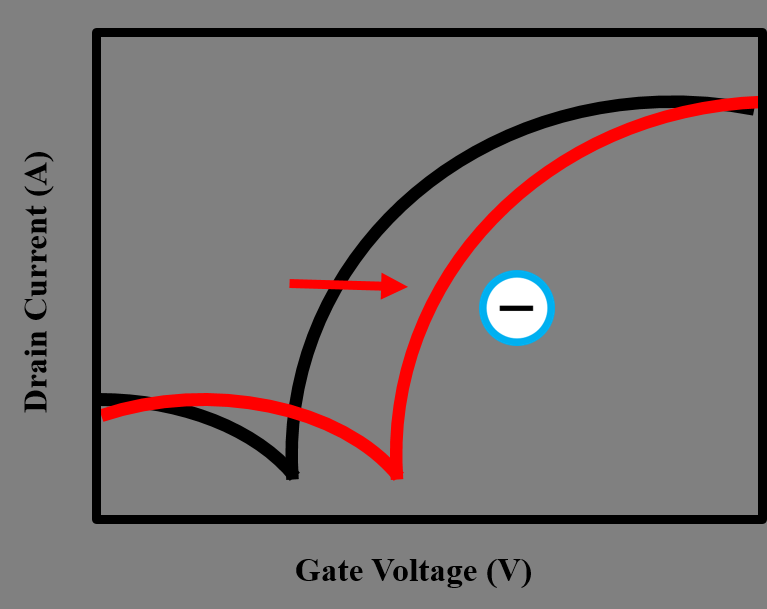| Technical Name | Polysilicon Field Effect Transistor Based Whole Bacteria Sensor | ||
|---|---|---|---|
| Project Operator | National Chiao Tung University | ||
| Summary | Our main goal is to develop the polysilicon field effect transistors (pSFETs) into a biosensor for the detection of bacteria. The changes in the electric signal of the pSFETs indicates the presence of bacteria. A single bacterium is detectable. Not only can pSFET bacteria sensor detect bacteria, it will also be able to cell count and multiple sensing. The pSFET bacteria sensor can be used to detect pathogens in medical fields and food safety issues. |
||
| Scientific Breakthrough | The detection of bacteria has become a matter of importance in recent times due to increasing outbreaks of food contamination, water pollution by microorganisms and the rising issue of antibiotic resistance. Traditional detection methods require lengthy preparation time due to cell culture, taking more than 72 hours to achieve results and are thus inadequate for modern needs. The use of biosensors as the preferred detection method is on the rise. Our main goal is to develop the polysilicon field effect transistors (pSFETs) based biosensor for the detection of bacteria. By using self-assembling monolayers, it is possible to attach antibodies or other bioelements onto the surface of the pSFETS, allowing it to capture specific bacteria and turning it into a biosensor. The negative charge of the bacteria influences the electrical characteristics of the pSFETs and by measuring the electric signal it is possible to obtain the changes in the signal, indicating the presence of bacteria. pSFETs can be manufactured by industrial semiconductor manufacturing processes and are low in production costs with uniform quality, it is highly sensitive and specific under aqueous conditions, there is no need of labeling or signal amplification, nor is cell culture needed for the sensing process. A single bacterium is detectable and after arranging the sensing compartment into an array, not only can pSFET bacteria sensor detect bacteria, it will also be able to cell count and multiple sensing. pSFET bacteria sensor can take the place of traditional detection methods and shorten the detection time to under an hour, the detector may also be portable, making it possible to use outside of the laboratory. The pSFET bacteria sensor can be used to detect food borne pathogens, medical supply contamination and microbes contamination in water sources, be used in the diagnosis of sepsis and even assist in research purposes. |
||
| Industrial Applicability | 食品病原菌檢測、醫療器材品質控管、病原菌篩檢、實驗菌株挑選、細菌偵測器。 |
||
other people also saw

